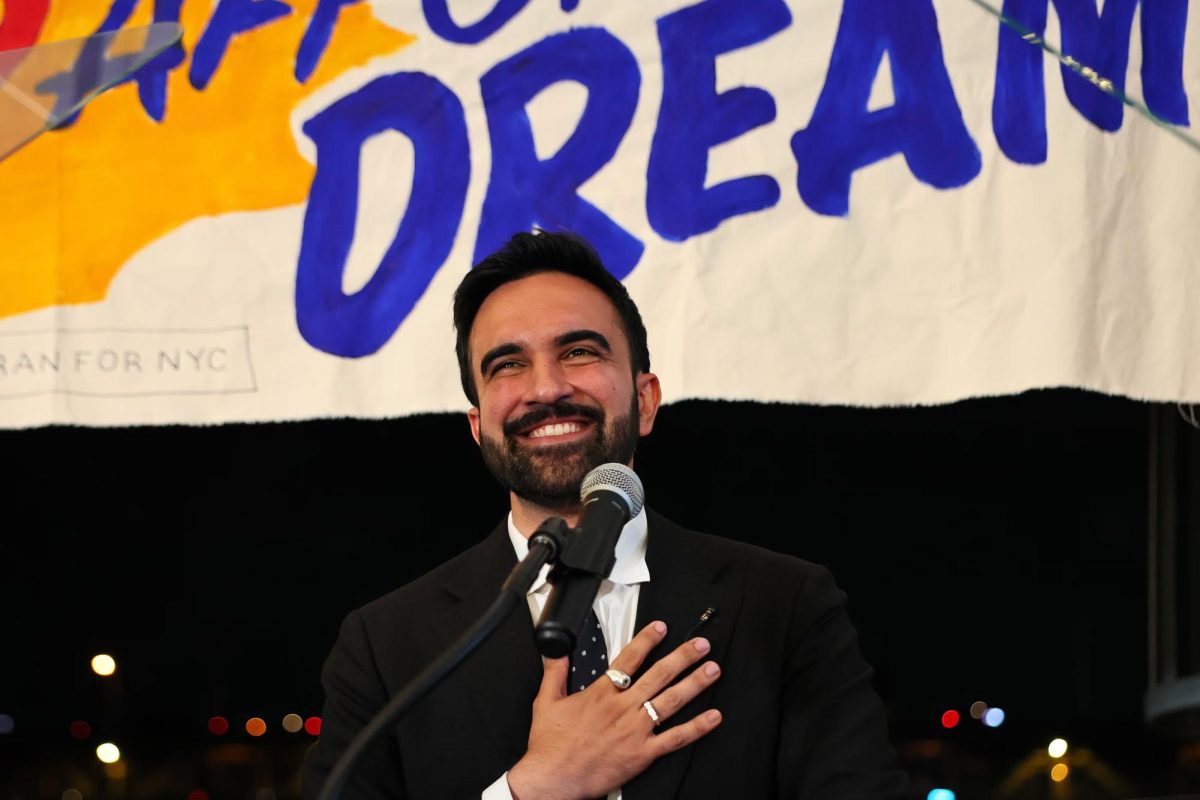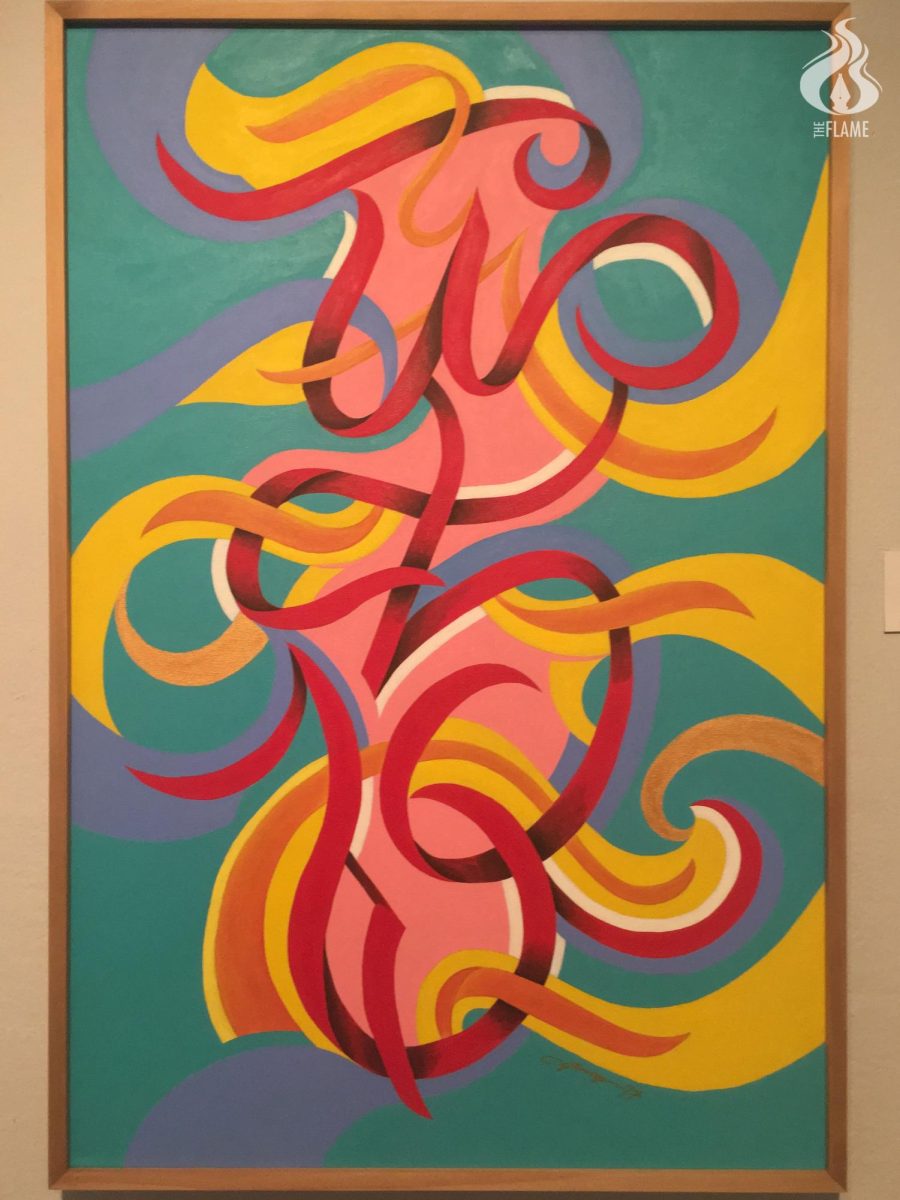By Monir Khilla (Additional reporting by Edwin Escorelo)—
Students and faculty were surprised, even angry, with a new class cap policy that was implemented with little consultation.
The policy increased class sizes, and most classes that did not meet the minimum cap were cancelled. Classes now need 12 students in order to proceed; the previous cap only required 10 students.
NJCU dropped classes that students were registered for; some received no notification. The cancellation made some students ineligible for government aid; this forced them to rush to the Registrar, Bursar, and Financial Aid office to try adding a class.
Many faculty members were also livid with the implementations, as they were not consulted and had their classes dropped.
In an e-mail interview with Joanne Bruno, Vice President of Academic Affairs, she said the guidelines “will support effective utilization of University Resources. In addition, careful, thoughtful planning of our course offerings is needed in order for classes to be sequenced for timely degree completion and scheduled at times that is convenient for students.”
Kenza Hutchines, 24, History, from Jersey City, said “I don’t really like that. I was registered for a class in sports.”
Hutchines was really looking forward to the class and didn’t want it to be cancelled.
“They need to consider the student’s excitement,” she said.
Despite speculation that there would be an increase to fifteen in the Spring semester, Bruno said the rumors were not true.
“I do not anticipate increasing the guidelines for Spring 2013 and will continue to use the guideline of a minimum of 12 students enrolled in lecture courses. We will use the Fall and Spring semesters to assess the outcomes of that change,” said Bruno.
Some classes that do not meet the enrollment standard would be evaluated individually, according to Bruno.
“For those disciplines with a smaller number of majors, some lecture classes may run with enrollment below the guidelines in the short-term, but we will also be exploring ways to recruit more students into those majors as well as reviewing the scheduling and frequency of offering courses to better support timely degree completion”
John Arcos, 22, Music Education and Performance major from Bayonne sees the cuts “as a problem.”
Arcos prefers smeller classes because it gives “an opportunity for one-on-one. The professor can engage more with the student.”
Bruno pointed out that NJCU has one of the lowest student to faculty ratios in New Jersey. In the past five years NJCU’s highest student to faculty ratio was 16:1 in 2008.
Niyale Sanders, 19, History and Secondary Education major from North Plainfield doesn’t think the new standards will help.
“I feel it won’t make a difference. Maybe it will in a couple of years. The more people in a class, the harder it is,” said Sanders.
“In a comparison of public institutions in New Jersey for 2011, The College of New Jersey had the lowest student-to-faculty ratio of 13:1, followed by NJCU and Rutgers-Newark with 14:1,” said Bruno.
“In addition, it should be noted that our low student-faculty ratios over the last years have been maintained while being most affordable [universities],” said Bruno.
Benjamin Wynn, 21, Business major from Jersey City, welcomed the cancellation of his Saturday class. Wynn’s class was moved from Saturday to Wednesday.
“It’s ok [that] I had a class cancelled, I wasn’t that mad. I would have been mad if I had a Wednesday class moved to Saturday” he said.
“Everyone wants Saturday off.”













